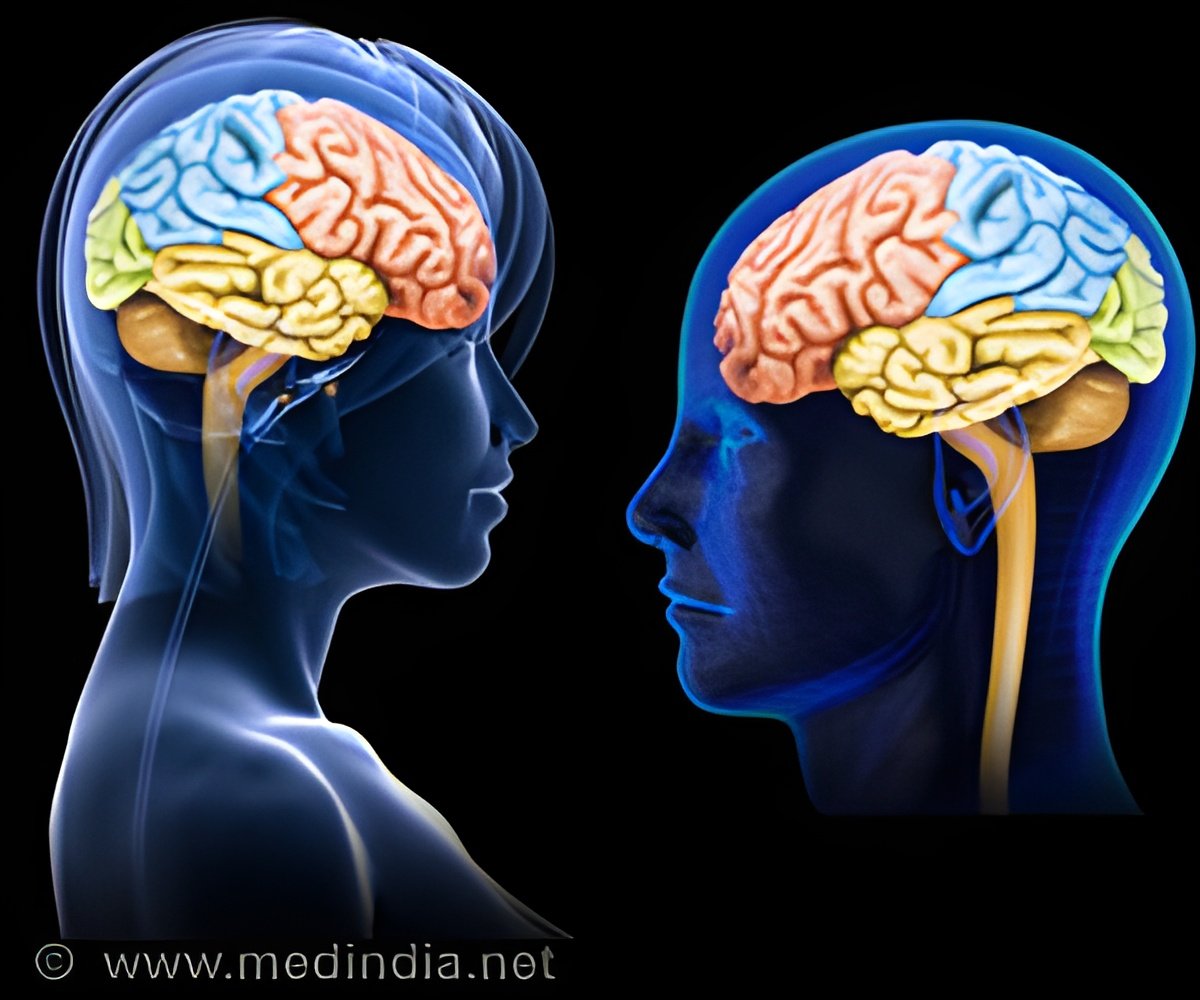
"We have demonstrated plasticity is reduced when you're depressed," said lead researcher, Professor Colleen Loo, from the School of Psychiatry at the University of New South Wales.
Scientists found that brain grows, matures and changes with influences from the environment. Earlier, scientists thought that the mature brain was fixed and not capable of repairing itself. Now, scientists feel that the brain changes throughout life.
"As you learn something, like a sequence of notes on the piano, the part of your brain that code for that behavior actually changes over minutes as you are learning. Then, as you forget that, that part of the brain shrinks again. It's part of the normal function of the brain that it is constantly adapting to its environment."
This "neuroplasticity" is nothing but the development of new neurons and the branching out of existing ones in order to make fresh connections. This is the significant part of learning and memory.
This study also shows why depressed people do not seem to perform well in learning and memory tasks as compared to healthy people as some parts of their brain could have shrunk due to depression.
Advertisement
Advertisement












